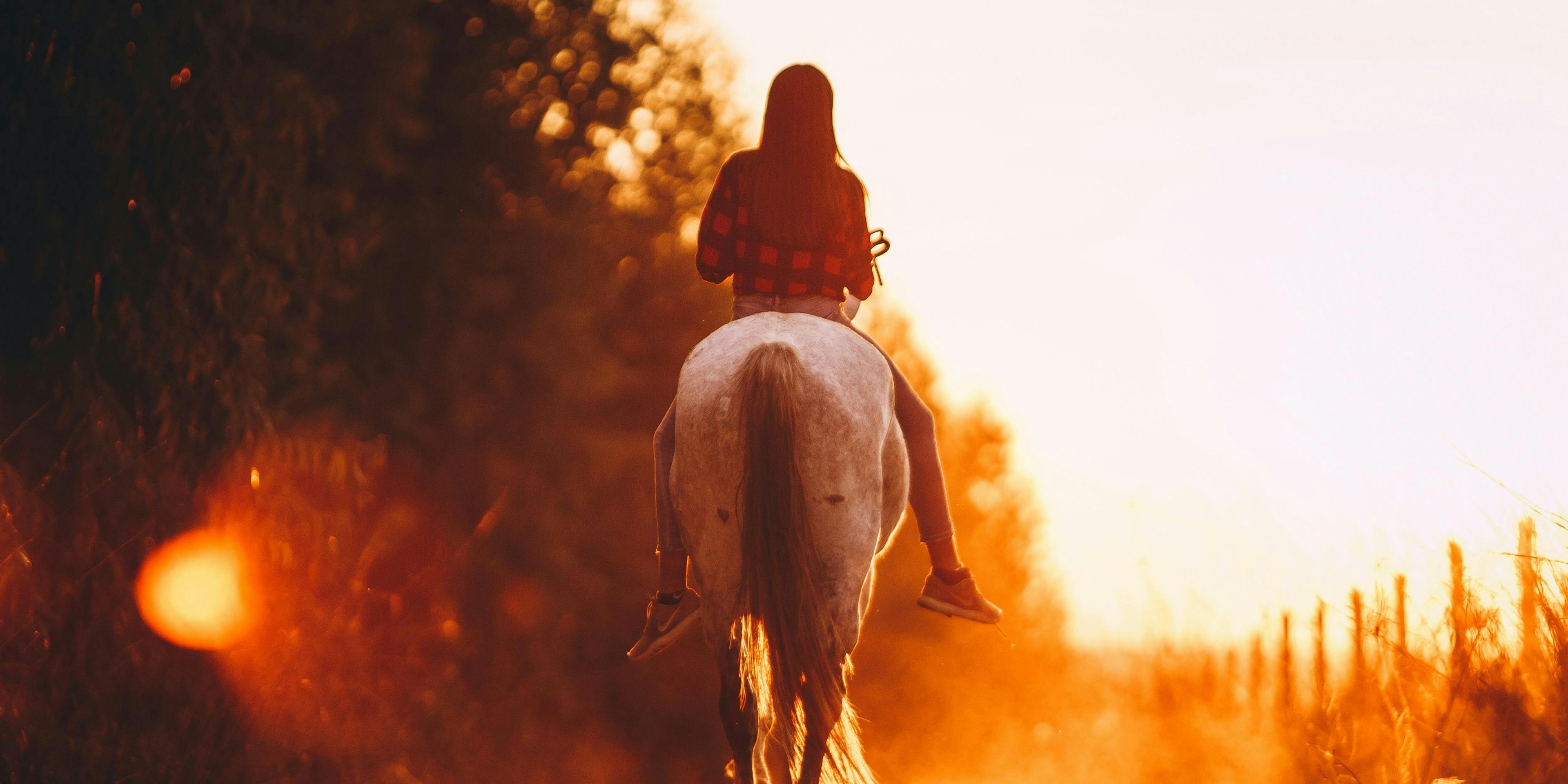As a general rule, horses and other animals are very forgiving, but they expect consistency more than anything else.
Handlers may convert from rough or aggressive methods based on punishment to those based on reward and see improvements in the behavior and morale of their subjects. Even when changing tactics or building/shaping new skills, there’s a lot of flexibility.
The problem is that everything is based on trust. The animal begins to trust the handler not to cause pain or discomfort, and trusts that the handler is the source of reward and relaxation. The worst thing you can do is betray that trust. Horses in particular learn over extended periods of time, months or years. While we can often recover an animal that has been mistreated, if we betray the trust we’re working to build too many times, the uphill battle to get that trust takes longer and longer, and eventually, they may not trust us at all.
Don’t give people or animals reason to doubt you: trust can take years to develop and seconds to destroy. When riding masters of old wrote about loosing weeks of work in a moment of anger or lack of self control, this is what they were talking about. A lot of it has to do with honesty. If we tell our horse (through cues) "Every time you do this, I reward you," we begin to develop trust. Hoses and most other creatures seek comfort. If your horse does that same thing and then you yank him or spur his side, now he thinks "That guy was lying, he just hurt me! I'm not going to fall for that again," because horses are also lazy; the easy way through life is "stand here and eat grass and avoid the bad guy who pokes me."
Some trainers call that sort of dishonesty "burning a cue." I call it burning a bridge.
I’ve been there. I've made very stupid decisions and destroyed years of effort. I don't want to scare you out of working with animals or people, but I do want to warn you about what happens if you don't stay honest.
I've got a horse now that I'm working with now. She's a bit shy, not very energetic when you work with her (but has energy out in the pasture), and just feels like she's plodding along because she was poked into doing just that her whole life. She doesn't feel like she has any heart in the work, she's just there because she has to be. I felt the same thing happen to another horse when I started using Clinton Anderson-style horsemanship. His friendly, peaceful, attitude started to disappear. They both seem to have shrunk back and withdrew themselves into a protective shell because all they ever received was punishment when they didn't do what the handler asked.
In comparison, I have worked with a dog who was trained mostly with positive reinforcement. You can't hardly get away from that dog. She's a two year old ball of energy when I'm with her, and yet out in the field you'd think she was a 12 year old seasoned vet, laying their with her head in her paws. I've also worked with a two year old filly that was trained almost entirely with positive reinforcement. The difference is shocking: I can't hardly get away from her, she'll gladly follow me around the pasture with no lead rope, loves attention, and will do just about anything you can ask. She seems to enjoy working with me because she knows I'll be honest and hold up my end of the deal: don't hurt her and reward her when she does right.
There is a significant difference in the subjects that receive positive reinforcement and those that don't. I have no doubt this is because one consistently learns to expect reward and comfort, while the other learns to accept random punishment.
I've seen this in other cases as well, including with people and animals.
We lie to our horses when we tell them one thing and do the other, and we lie to ourselves when we think that a horse should like to spend time near us when we only yank and spur him when he's with us.
Don't lie to your horses. Don't lie to the people in your life either. You've got to be the constant in the equation, not the variable. If you always bring a different value then there isn't any way your horse or your friend can do the math and get the results you want. If you teach people or animals to doubt you, you'll never have a relationship.
- Loading comments...
